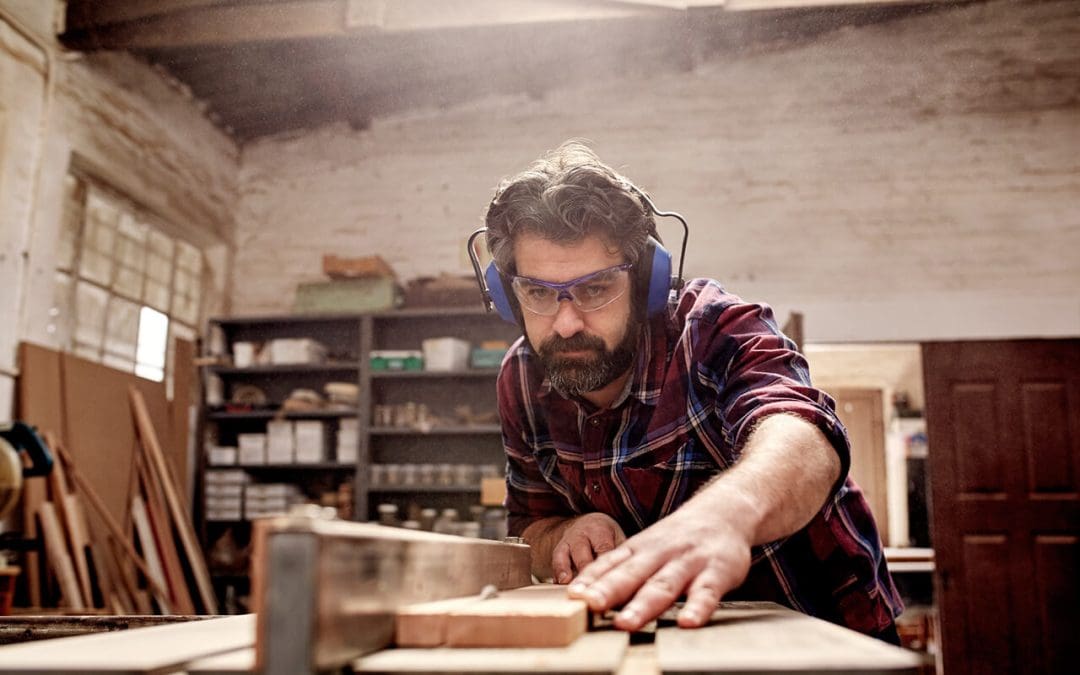Creating a home workshop is an incredibly rewarding endeavor. It allows you to bring your DIY projects to life right in the comfort of your own space. Whether you’re an experienced craftsman or a hobbyist just starting out, a well-organized and equipped workshop will increase your productivity and enjoyment. Here, we’ll guide you through the essential steps to build a home workshop that suits your needs perfectly.
Build a Home Workshop: Planning Your Space
The first step in building your home workshop is planning your space. Assess the available area in your home—whether it’s a garage, basement, or a dedicated room. Consider the type of projects you’ll be working on, as this will influence the amount of space you need. Woodworking requires more room for large tools and materials than electronics or crafting.
Essential Tools and Equipment
Equipping your workshop with the right tools is crucial. Start with the basics: a sturdy workbench, a good set of hand tools (hammers, screwdrivers, pliers), and power tools like a drill, saw, and sander. You can add more specialized tools to your collection as you gain experience and identify your specific needs. Remember, quality is more important than quantity; investing in high-quality tools will save you money and frustration in the long run.
Organizing Your Workshop
Organization is key to a functional workshop. Implementing effective storage solutions will keep your workspace tidy and efficient. Pegboards are excellent for hanging tools, while shelves and cabinets can store larger items and materials. Label everything clearly to save time searching for tools and supplies. Keep frequently used items within easy reach to streamline your workflow.
Consider Safety When You Build a Home Workshop
Safety should always be a top priority in your workshop. Keep the space well-ventilated, especially if you’re working with paints, solvents, or power tools. Wear appropriate personal protective equipment, such as safety glasses, gloves, and ear protection. Keep a first aid kit and fire extinguisher nearby, and familiarize yourself with their use. Regularly inspect your tools and equipment for signs of wear or damage.
Creating a Comfortable Environment
A comfortable environment enhances productivity and makes your workshop a place you enjoy spending time in. Adequate lighting is essential—opt for bright, adjustable lights to illuminate your work area. Install a heater or fan to maintain a comfortable temperature year-round.
Maximizing Efficiency
To maximize efficiency in your workshop, adopt a systematic approach to your projects. Keep your workspace clean and clutter-free, and develop a routine for setting up and tidying up. Use jigs and fixtures to hold workpieces securely, allowing for precise and repeatable cuts. Keep a notebook or digital log of your projects, including materials used, techniques applied, and notes for future reference. This record will help you refine your skills and streamline upcoming projects.
With a well-thought-out workshop space, the right tools, and a commitment to safety, you’ll create an environment where your projects will flourish. Embrace the process, and enjoy the satisfaction of crafting and creating in your home workshop.
Appalachian Inspection Services offers home inspections to customers in Asheville, NC, and the surrounding areas. Contact us to request our services.

